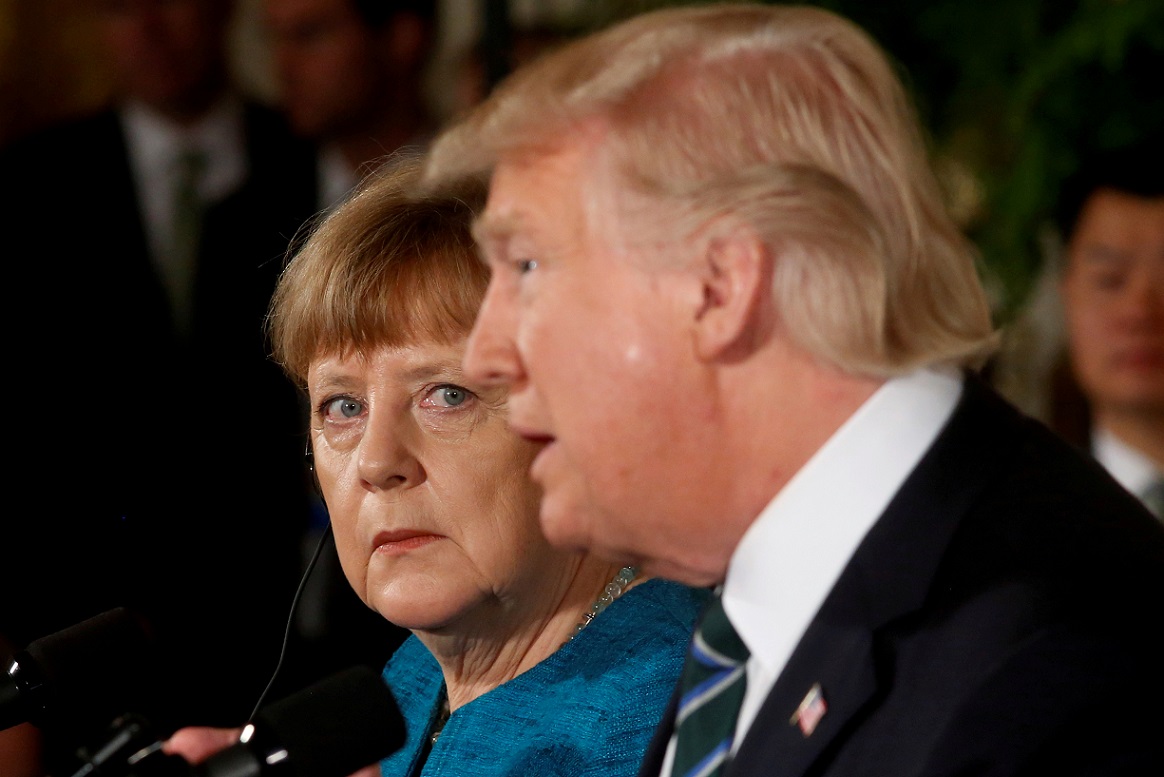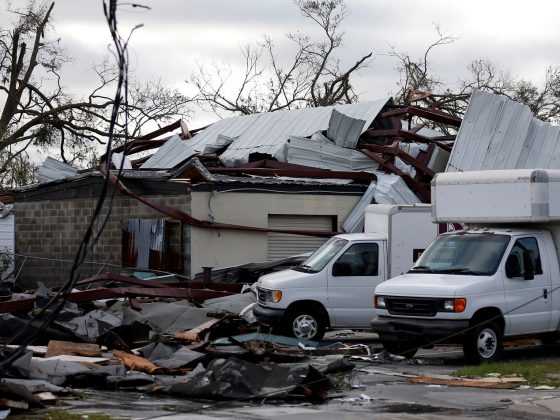Last week, President Trump made another strategic move on the global chessboard, officially announcing that the US is pulling back funding for UNRWA, the UN relief and works agency for Palestinian refugees.
Germany, in response to Trump, announced that it would significantly increase its aid to UNRWA. However, sooner or later, Germany would have to agree with the US move. To understand why, we need to see how Germany’s current modus operandi in these matters is leading it to a tipping point.
70 Years of Repressed National Pride Emerging Once Again
With the fall of Nazi Germany at the end of World War II, Germany’s national pride suffered a major blow. Since then, Germans have been very cautious about openly expressing their national pride.
Over the years, the German population shrank due to a low birth rate, and there was a severe manpower shortage. In need of workers, Germany gradually opened its borders to let in migrants. In the beginning, Turks flocked in and were well-integrated into the German economy. Over the years, however, many immigrants from Arab countries, including extremists, joined them with a single aspiration: to establish the Islamic caliphate on European soil.
As the Muslims in Germany increased in numbers, the ethnic mix quickly tilted. In recent years, Germany’s 70 years of repressed national pride is showing signs of bursting at the seams, most notably in the form of the Alternative for Germany (AfD) rightwing to far-right political party taking seats in the Bundestag. With such a large influx of Muslim immigrants on one hand, and far-right political support gaining strength on the other hand, the stage has been set in Germany for oncoming civil unrest.
“With the fall of Nazi Germany at the end of World War II, Germany’s national pride suffered a major blow. Since then, Germans have been very cautious about openly expressing their national pride.”
Do Trump’s Moves Increase Tension between Countries?
Today’s world is becoming increasingly interconnected, not only economically and technologically, but also culturally. While on the surface, liberal ideologies that uphold equality and freedom sound positive for an interconnected world, a problem lurks within such ideologies: that if we do not revise the way we educate and raise ourselves, so that we match the world’s increasing interconnectedness with “interconnected attitudes,” i.e. more considerate, cooperative and unified attitudes to each other—so that we build a new level of mutual understanding above the instinctive drives for national or religious superiority—then the world’s increasing interconnectedness will be felt as increasing tension, as Germany is currently experiencing.
We could enjoy equality and freedom if we successfully enhanced the quality of our connections, by raising the level of human awareness to relate positively to each other in such a state. Until then, while no such education is implemented on any mass scale, then Trump’s approach of developing economic give-and-take relations between the US and other countries serves to reinstate clearer and more practical relations. As nations become more grounded in such relations, then the soil becomes more fertile to begin revising how we can start upgrading our attitudes to meet the challenges presented by today’s increasingly interconnected world.
Moreover, the way Trump makes his moves openly and stubbornly, in a completely opposite
way to Obama, sparks a global-political disruption. Not only is he shaking off ungrounded ideologies that have stuck to society and the global economy over the years, he is also putting a spoke in the wheels of a politically correct culture that covers deepening injustices with a polite and respectful rhetoric. Europe has been the first continent showing signs of following suit with this tendency.
“We could enjoy equality and freedom if we successfully enhanced the quality of our connections, by raising the level of human awareness to relate positively to each other in such a state.”
Migrating From Negative to Positive Through Educational Programs
The way Trump has disrupted the global political and media landscape has helped reveal the deep-seated state of separation the world is in.
It is my hope, however, that this global and transparent process will be met with guided development in a positive direction as soon as possible: educational programs for unity and reconciliation of all divisions, within and between nations.












